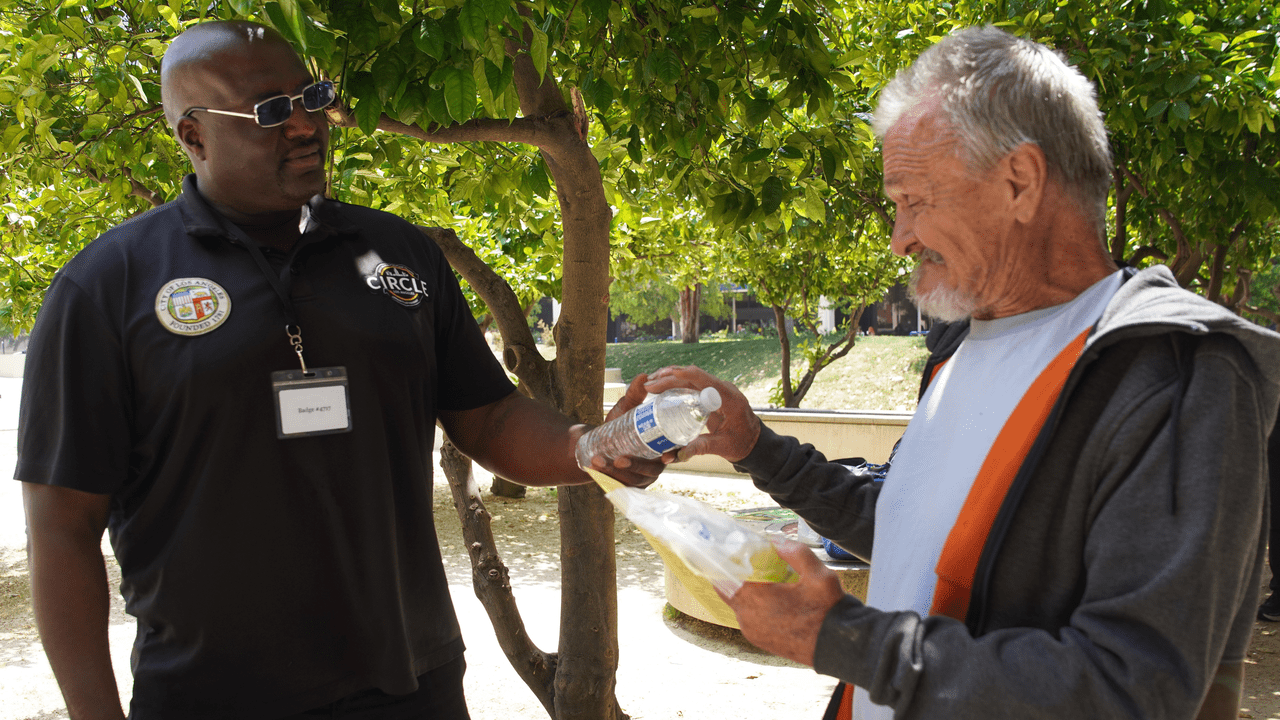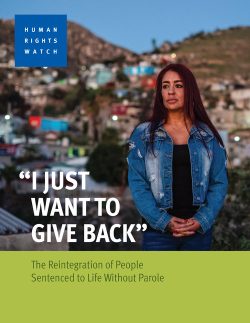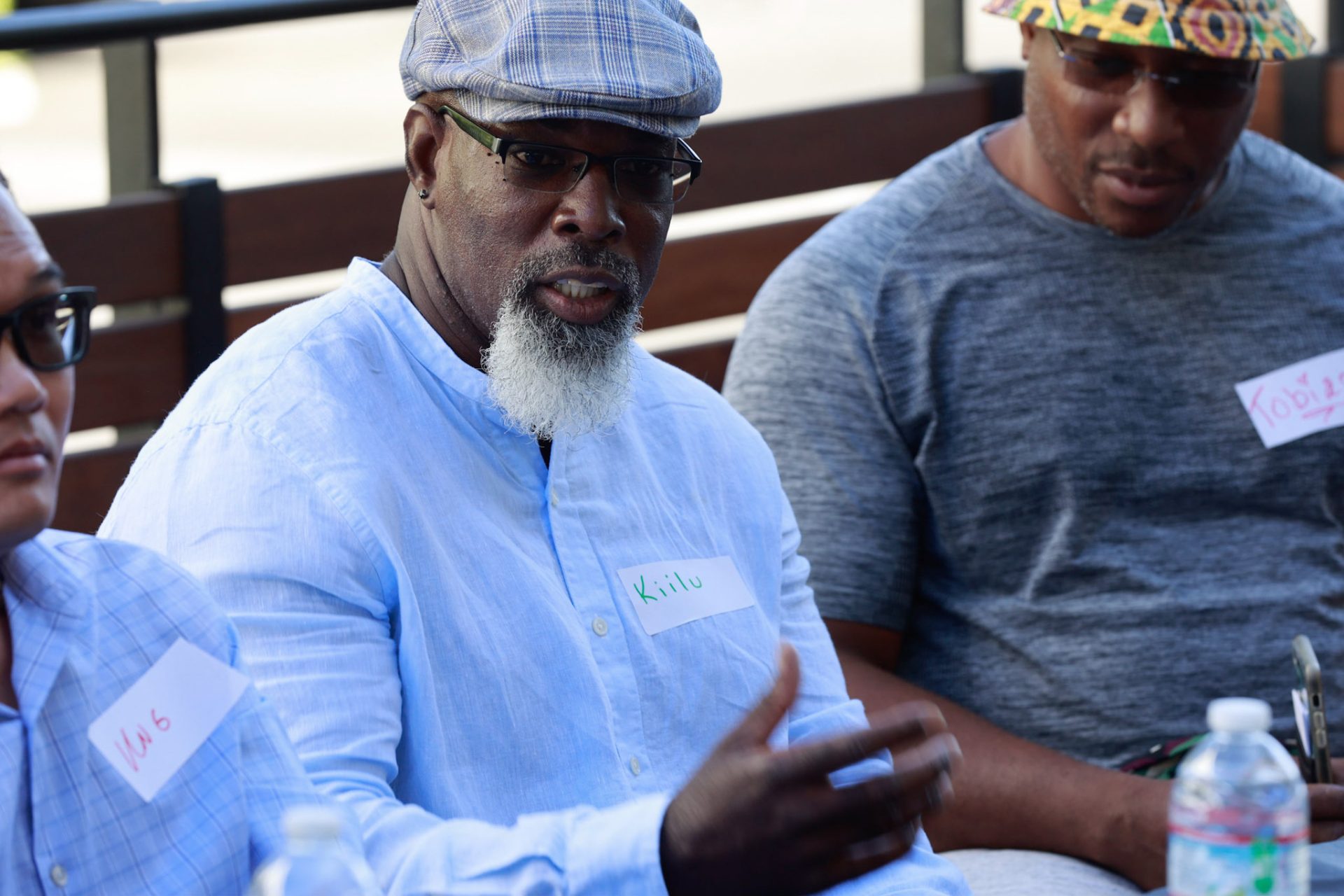
IF THEY WERE SENTENCED TO LWOP, HOW DID THEY GET OUT?
This website features people who were once sentenced to life without parole, but are now home. There is no question that LWOP is a sentence to die in prison. However, in the last few years a small percentage of people sentenced to LWOP have, improbably, been released. For most, it was because they were under age 18 at the time of their crime, and later benefited from a dramatic shift in public awareness and jurisprudence about adolescent development. Laws changed, giving them a chance. Others were granted clemency by a governor, won relief in a court action, or had their case affected by a new law. But for most people, a change in sentence didn’t mean that they walked out of prison. Instead, they went through a process of proving themselves to a parole board before release was possible.
WHAT ARE THEY DOING WITH THEIR SECOND CHANCES?
Human Rights Watch published research examining the lives of 110 people who were sentenced to LWOP in California but later released due to one of the reasons described above. The research found that the vast majority are volunteering in their communities, caring for family members, and mentoring youth.
Human Rights Watch surveyed more than three-quarters of those released since 2013 and found that 94 percent reported volunteering regularly, 84 percent said they financially assisted others, and 90 percent worked full or part-time, with 43 percent working in the nonprofit sector.
People who were sentenced to LWOP and later released are making our communities better. Among other things, researchers found:
• 94% volunteer regularly
• 84% financially assist others
• 90% work full or part-time
• 70% have stepped into a healthy adult role in the life of a young person
The majority of respondents expressed a profound sense of remorse for the harm they had caused earlier in their lives, and a strong desire to make amends as their primary driving force in life since returning home.
“Every day I wake up and try to make amends for my crimes and try to do the best I can in memory of the victims in my case and their families,” one respondent told Human Rights Watch. “I’ll never be able to fully make up for it, but I’ll do my best to try.”






